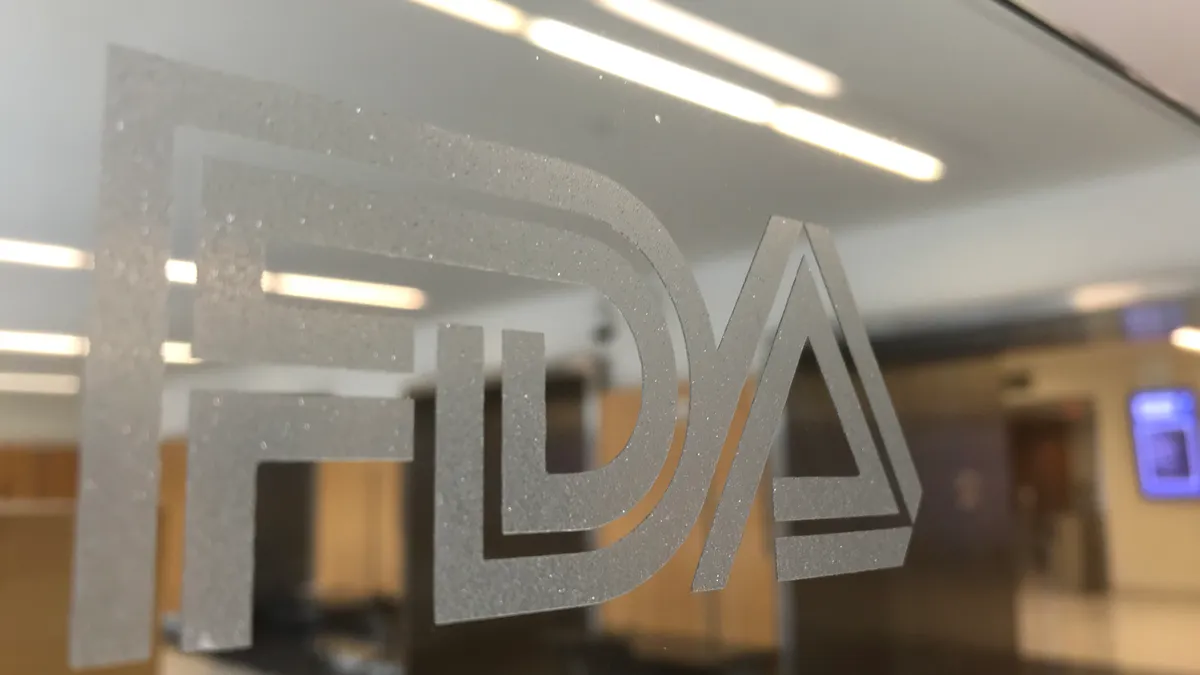Dive Brief:
- FDA granted premarket approval to Stryker for a stent and coil system to treat wide-neck intracranial aneurysms, the company said Monday.
- The Neuroform Atlas device consists of a self-expanding, adjunctive stent that is used together with detachable metal embolization coils, according to the Kalamazoo, Michigan-based medical device maker.
- Stryker previously received a humanitarian device exemption for the stent system that allowed for its use at specific hospitals with Institutional Review Board approval.
Dive Insight:
An estimated six million people in the United States have an unruptured brain aneurysm, but only 25,000 receive endovascular or surgical treatment each year, according to statistics from the Brain Aneurysm Foundation. Wide-neck aneurysms, which are especially challenging to treat, represent less than 10% of unruptured aneurysms treated.
Endovascular coiling is a minimally invasive technique in which a catheter is inserted at the groin and passed through the body into the artery containing the aneurysm. The technique is an alternative to surgical clipping to close off an aneurysm that involves removing part of the skull to access the blood vessel.
The Neuroform stent is placed across the neck of the aneurysm, which is a sac that forms in the wall of a weakened blood vessel in the brain. The stent is positioned to hold the coils to occlude the aneurysm, preventing blood from getting into it.
Stryker said the nitinol stent can be used in complex anatomies. Results of a clinical trial to support the stent-coil system showed a 84.7% primary efficacy rate, a 4.4% primary safety rate and a 3.8% retreatment rate, the company said.
The new stent system adds to a neurovascular portfolio that has seen the launch of 22 other devices since 2011 in one of Stryker’s fastest-growing divisions. Last year, the company received FDA premarket approval for a flow diverter that treats unruptured large and giant wide-neck intracranial aneurysms by directing blood flow away from the aneurysm sac.










